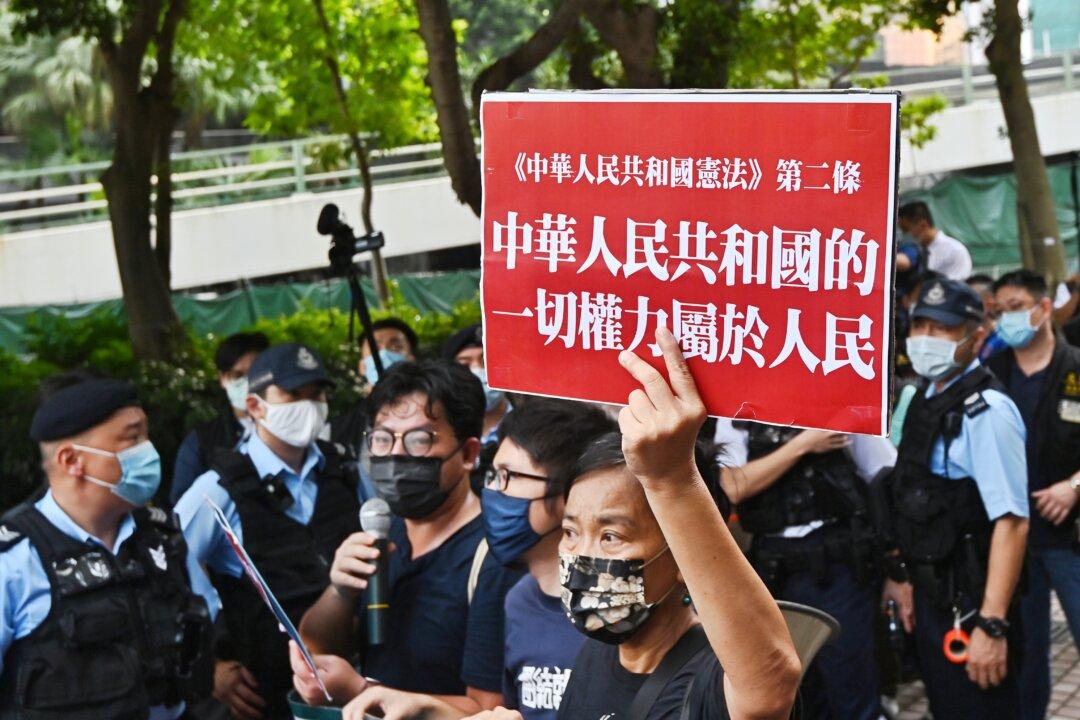As the Chinese regime celebrated 71 years of one-party rule on Oct. 1, overseas dissidents drew attention to Beijing’s ongoing suppression of freedoms and human rights.
Meanwhile, authorities across the country, including Hong Kong, put police on the streets to stamp out petitioners and protestors, as is usual practice ahead of important events.



